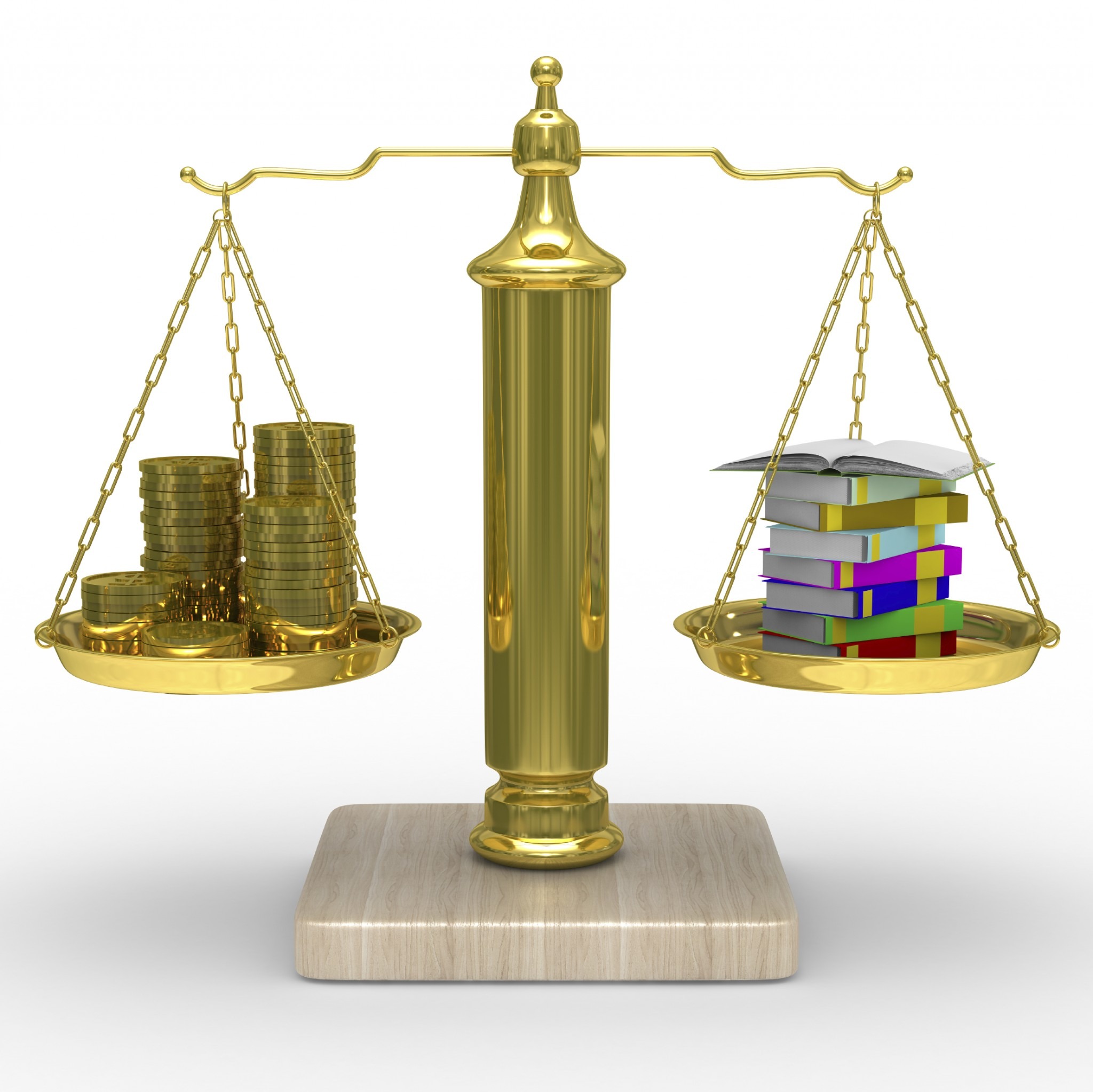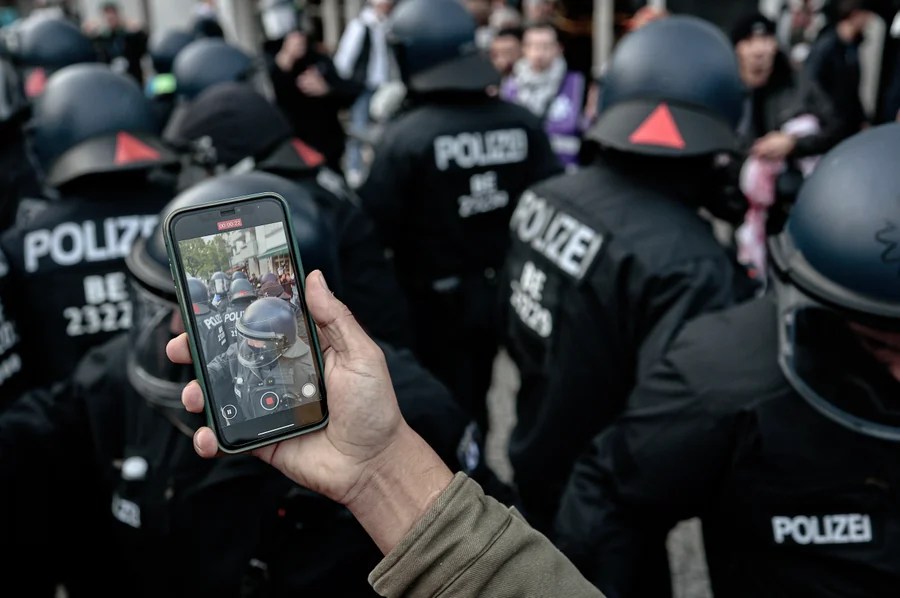Three years ago, we said that the economy and democracy need each other.
They still do.
The Economy and Democracy
The EIU
The Economist’s EIU 2023 “Democracy Index” places 165 nations and two territories in four buckets. Below, the dark and medium blue indicate “full democracies” while the lighter blue identifies the “flawed democracies.” Then, moving downward, the regimes are grouped as “hybrid” and “authoritarian”:
Although the EIU “Democracy Index” includes 165 countries, just 24 with 7.8 percent of the world’s population have “full democracies.” At the other extreme, 39.4 percent of the people in the world live in the 59 “authoritarian regimes.”
To calculate the index, the EIU used five political categories and 60 subcategories. Basically, they gave each of the five categories a 0 to 10 score that were averaged together to get the overall rank.
The 24 full democracies (that included the U.S. until 2016) are primarily OECD countries from the developed world. Next, the U.S. as a “flawed democracy” at #29 was grouped with nations that ranged from Chile (#26) and Botswana (#33), to India (#41) and Singapore (#69). Having been “hybrid” in 2019, now China is “authoritarian” (#148). And finally, at the bottom of the “authoritarian” list are the Central African Republic, North Korea, Myanmar, and Afghanistan.
These are the top 11:

Though not the focus of the report, it did cite connections between democracy and affluence. In the list of “full democracies,” most are high income. Viewed as a requisite of economic growth, political stability is high on the list. Further showing the connections between democracy and the economy, the authors of the report described how the polarization in the U.S. Congress delayed or prevented votes on issues like the debt ceiling, and thereby eroded trust in democratic procedures. Similar and yet very different, in Sri Lanka, economic distress closely related to less trust in the government. Elsewhere too, countries have experienced the correlation between economic and democratic deterioration.
Pew Research
Next, concluding that people become dissatisfied with democracy when their view of the economy is pessimistic, we got more insight from a 2021 Pew Research survey. In that report, Pew told us that economic unhappiness closely tracked dissatisfaction with democracy. When we expect our own or our children’s standard of living will decline, then so too does our opinion of democracy.
Below, in green, the economic pessimists, more than the optimists, want political reform:

Our Bottom Line: Tradeoffs
As economists, we can always return to tradeoffs. In Equality and Efficiency The Big Tradeoff, economist Arthur Okun explained that we have a tension between the economy and democracy. While a competitive market creates inequality, our democracy requires the opposite. Now we can add that they also need each other.
My sources and more: The “Democracy Index” from The Economist had an economic dimension that Pew Research, here and here, expanded.
Please note that today’s post was an update from 2020.
Related
Publisher: Source link












